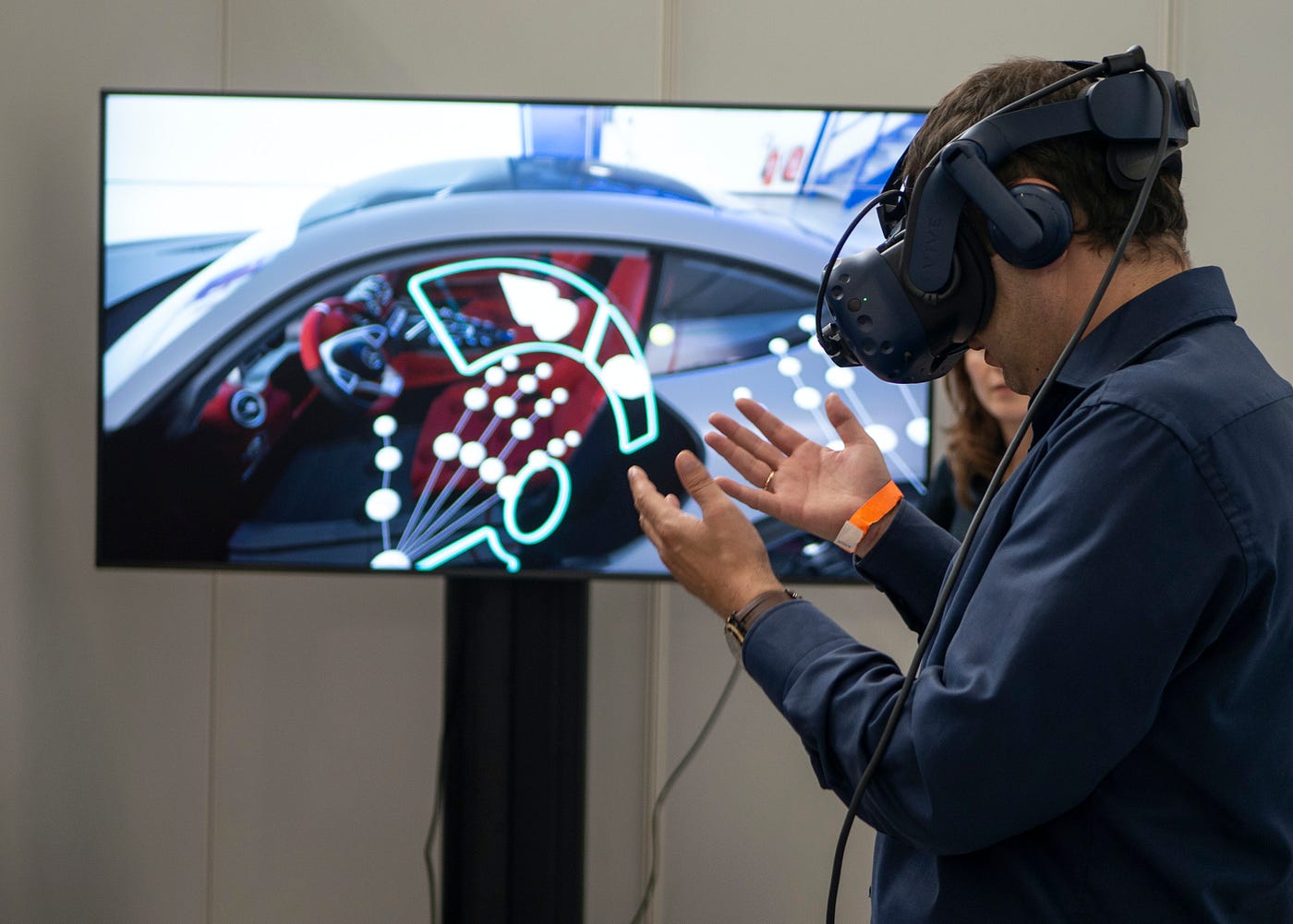
Beyond the Buzz: Unveiling the Real-World Potential of VR/AR
By Adedayo Oyetoke, Published on: February 16th 2024 2 min, 364 word Views: 964
Move over, gaming headsets! Virtual Reality (VR) and Augmented Reality (AR) are no longer science fiction fantasies. These immersive technologies are rapidly evolving, bursting beyond the boundaries of entertainment and transforming industries in unexpected ways. Let's peel back the virtual and augmented layers to explore the exciting applications of VR/AR across various sectors:
Healthcare:
- Surgical simulations: Surgeons can hone their skills in realistic VR environments, improving precision and reducing risks during real surgeries. Imagine practicing a complex procedure countless times before operating on a patient.
- Phobia treatment: AR helps patients confront their fears in controlled, virtual settings, offering a safe and effective way to overcome phobias like heights or public speaking.
- Physical therapy: VR applications guide patients through personalized rehabilitation exercises, making therapy more engaging and motivating.
Education and Training:
- Interactive learning: Students can embark on virtual field trips to historical sites, explore the human body in 3D, or conduct virtual experiments, sparking curiosity and enhancing understanding. Imagine dissecting a frog in VR or exploring ancient Rome without leaving the classroom.
- Skill development: AR overlays instructions and guidance onto real-world environments, aiding technicians in complex repairs or trainees in mastering new skills. Imagine a mechanic seeing step-by-step repair instructions overlaid on a car engine.
Remote Work and Collaboration:
- Virtual workspaces: Remote teams can gather in immersive VR meeting rooms, fostering collaboration and communication despite physical distance. Imagine holding brainstorming sessions in a virtual whiteboard space accessible to team members worldwide.
- Design and prototyping: Architects, engineers, and designers can create and iterate on 3D models in VR, visualizing and refining their ideas before physical production. Imagine collaborating on a building design in a virtual environment before construction begins.
Beyond these examples, VR/AR applications are expanding into:
- Retail: Trying on clothes virtually or exploring store layouts before visiting.
- Marketing: Creating immersive product experiences and interactive advertising campaigns.
- Travel and tourism: Taking virtual tours of destinations before booking a trip.
The Future is Immersive:
While challenges like accessibility and content creation remain, the potential of VR/AR is undeniable. By embracing these technologies responsibly and ethically, we can unlock a future where learning is more engaging, work is more collaborative, and experiences are truly groundbreaking.
